Community Inclusion for Disabilities: AB Nurses' Commitment to Enriching Lives
In today's society, the role of healthcare professionals in enhancing the lives of those with disabilities cannot be overstated, especially when it comes to promoting community inclusion for disabilities. As we navigate the complexities of integrating individuals with disabilities into every facet of community life, the specialised skills and compassionate care provided by AB nurses stand out as a beacon of hope. Their relentless pursuit of creating an inclusive environment not only empowers individuals but also fosters a sense of belonging, proving to be an invaluable resource in our collective mission to ensure that everyone has a place to call their own.
We will delve into the critical importance of community inclusion for disabilities, shedding light on how AB nurses, through their expertise and dedication, become pivotal in this endeavour. Highlighting the transformative impact of NDIS support services Melbourne and Melbourne disability support services, this article will explore success stories and case studies that demonstrate the significant advancements made towards inclusion. Additionally, we will address the challenges that lie ahead and the path forward in reinforcing our commitment to a more accessible and inclusive society for all.
The Importance of Community Inclusion for Disabilities
Defining Community Inclusion
Community inclusion is a fundamental aspect of supporting individuals with disabilities. It involves ensuring that everyone, regardless of their abilities, has the opportunity to participate fully in all aspects of society. This concept is central to creating environments that support diversity and accessibility in areas such as workplaces, public spaces, and educational institutions.
Benefits for Individuals with Disabilities
For individuals with disabilities, community inclusion offers numerous benefits. It enhances their ability to access and engage in various social, educational, and economic activities. Inclusion helps in reducing isolation and discrimination by ensuring that people with disabilities can enjoy the same opportunities as others to lead fulfilling lives. Practical steps, such as the use of co-design in community participation initiatives, have proven effective. These initiatives not only improve outcomes but also empower individuals by involving them in the decision-making processes that affect their lives.
Society-wide Advantages
The advantages of community inclusion extend beyond individuals, benefiting society as a whole. Inclusive practices enrich the community with diverse perspectives and experiences, which in turn fosters a more cohesive and adaptive social environment. This societal enrichment leads to a broader understanding and acceptance of diversity, which is crucial for social harmony and mutual respect. Moreover, inclusive communities are likely to see enhanced economic benefits, as greater participation leads to a more dynamic and innovative workforce.
AB Nurses' Role in Promoting Community Inclusion
At AB Nurses, we understand the critical role we play in fostering community inclusion for individuals with disabilities. Our commitment to enhancing the quality of life for our clients is reflected in our comprehensive approach to care, which is designed to promote autonomy and independent living. Here, we outline our strategies and initiatives that underscore our dedication to this cause.
Personalised Support Plans
- Individualised Care Planning: We work closely with our clients and their families to develop personalised care plans that outline specific goals, preferences, and support needs. This person-centred approach ensures that each individual receives the support they need to thrive.
- Assistive Technology Solutions: Assessing the needs of our clients and providing customised assistive devices is another way we support independence and accessibility. From mobility aids to adaptive software, we ensure our clients have the tools they need.
- Skill Development and Training: Empowering our clients involves more than just meeting their immediate needs. We focus on developing essential skills for daily living, social interaction, and community participation, which includes personal care, communication, and vocational skills training.
Innovative Programmes and Services
- Healthcare Coordination and Management: Our services extend to coordinating and managing healthcare needs, facilitating access to medical appointments, and advocating for comprehensive healthcare services tailored to each individual's needs.
- Behavioral Support and Management: For those with behavioural challenges or mental health needs, we provide behavioural assessment, develop support plans, and implement strategies to promote positive behaviour and emotional well-being.
- Transition Planning: We assist individuals transitioning between different life stages or environments with vocational training, supported employment services, and ongoing support during the transition process.
Collaboration with Families and Communities
- Family and Caregiver Support: Recognising the vital role of families and caregivers, we offer education, training, respite care, and emotional support to strengthen support networks and promote overall well-being.
- Community Inclusion and Participation Support: Our efforts to facilitate inclusion in the community include assistance with accessing community resources, participating in events, and building social connections.
- Collaboration with Healthcare Professionals: We coordinate with healthcare professionals to ensure holistic care, continuously adhering to best practices and fostering trust through effective communication and empathy.
Through these personalised support plans, innovative programmes, and collaborative efforts with families and communities, AB Nurses are pivotal in driving community inclusion for disabilities. Our dedication to providing compassionate, professional assistance and personalised services ensures that each individual we support can lead a fulfilling and independent life.
Success Stories and Case Studies
Individual Success Stories
- Emma's Journey to Independence: Emma, a vibrant young woman with cerebral palsy, experienced a significant transformation after moving into an SIL-supported living arrangement. Her journey involved mastering cooking and financial management skills, culminating in her active participation in local community events and volunteer activities. Emma's story is a testament to how tailored support can foster independence and confidence.
- Michael's Return to Autonomy: Following a car accident that left him with an acquired brain injury, Michael believed his chances of living independently were slim. However, SIL housing services equipped his apartment with necessary modifications, enabling him to embrace independence once again. Michael's progress didn't stop there; he ventured back into part-time work and rekindled his social life, illustrating the profound impact of supportive living environments.
Community-wide Impact
The ripple effect of SIL housing services extends well beyond the lives of individuals like Emma and Michael. By championing the cause of independent living, SIL plays a pivotal role in nurturing a diverse and inclusive community. This initiative not only enriches the social fabric but also challenges stereotypes and shifts perceptions about disability, highlighting the invaluable contributions of individuals with disabilities to society.
Lessons Learned
- Empowerment through Personalised Support: The success stories underscore the importance of a person-centred approach in disability support. Tailored care plans enhance adherence to treatment, promote well-being, and pave the way for greater independence and empowerment.
- Broadening Horizons: Nurses with disabilities, such as those proficient in unique skills or possessing lived experience, enrich the healthcare landscape. Their contributions foster patient-provider concordance, improve healthcare outcomes, and model positive expectations, demonstrating the power of diversity in healthcare.
- Navigating Challenges: The journey of individuals with disabilities, including those transitioning to disability later in life, sheds light on the obstacles faced in daily activities and societal participation. These narratives emphasise the need for accessible public spaces, inclusive employment practices, and supportive healthcare policies, urging a collective effort to dismantle barriers and promote inclusivity.
Challenges and the Path Forward
Current Barriers
- Community Participation and Employment: Individuals with psychosocial disabilities face lower rates of community participation and employment.
- Investment in Supports: There is insufficient investment in supports for achieving optimal outcomes for people with disabilities.
- Integrated Care Approaches: A notable lack of integrated care approaches exists with the public mental health system.
- Psychosocial Support Shortages: Outside of the NDIS, there's a shortage of psychosocial supports available.
Strategies for Overcoming Challenges
- Develop Early Intervention Approaches: Initiating early intervention can address issues before they escalate.
- Market Stewardship: Steering the market towards a recovery-focused model is essential for long-term success.
- Enhance Collaboration: Working closely with the mental health system can lead to more cohesive care strategies.
- Interpret Disability Diversely: Fostering an environment that sees disability as part of human diversity can lead to more inclusive support services.
Future Directions and Goals
- Support for New Nurses: Implementing robust support systems for new nursing graduates is crucial for their professional development.
- Smooth Transitions: Ensuring smooth transitions to SIL and SDA settings requires adequate preparation and staff training.
- Technological Advancements: Leveraging technology, such as AI and IoT, in Assistive Technology will revolutionise care delivery.
- Person-Centered Care: Emphasising person-centered care will ensure that support plans meet the unique needs and preferences of individuals with disabilities.
- Holistic Support Services: Integrating mental health and comprehensive support services within the NDIS reflects a move towards a more holistic approach.
By addressing these challenges with strategic actions and aiming for future goals, we can work towards a more inclusive and supportive community for individuals with disabilities.
Conclusion
Throughout this article, we've explored the transformative role of AB nurses in promoting community inclusion for disabilities, highlighting the importance of personalised support, innovative programs, and collaborative initiatives. These efforts not only enhance the lives of individuals with disabilities but also enrich our communities, fostering a more inclusive society where everyone has the opportunity to participate fully and lead fulfilling lives. The successes and challenges presented underscore the ongoing need for commitment, innovation, and collaboration across the healthcare sector and broader community.
Moving forward, it is imperative that we continue to support and expand the reach of initiatives like those provided by AB nurses and associated services. By focusing on person-centered care, leveraging technology for better support, and improving integration of services, we can address current barriers and open new pathways for inclusion and independence for individuals with disabilities. The collective effort of healthcare professionals, communities, and policymakers will ensure progress towards a more accessible, supportive, and inclusive society for all.





